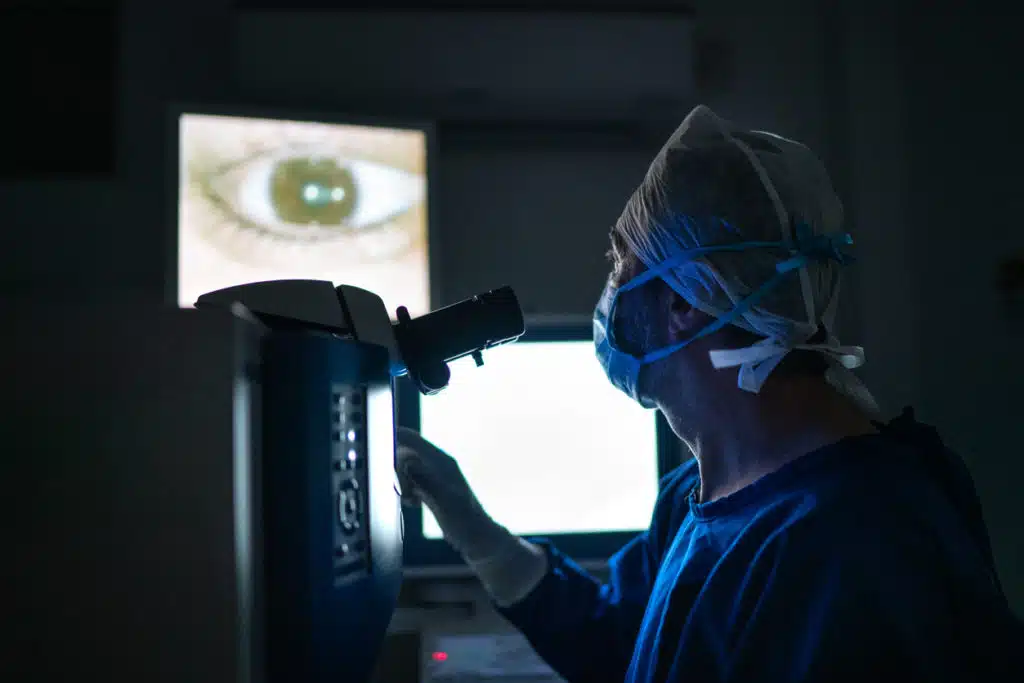
Since LASIK eye surgery was first approved by the FDA more than two decades ago, it has become the most widely preferred refractive eye surgery, with around 700,000 Americans undergoing the procedure year after year.
Short for laser in-situ keratomileusis, LASIK eye surgery is done to correct refractive errors: myopia (nearsightedness), hyperopia (farsightedness), and astigmatism. Refractive errors are vision problems caused by irregularity in the shape of the eye, rendering it unable to bend and focus light properly onto the retina.
If you’re tired of wearing eyeglasses or corrective lenses and now contemplating LASIK eye surgery, here’s a brief guide to give you a basic understanding of it, particularly how it’s done as well as its benefits, risks, and contraindications.
How It’s Done
During LASIK eye surgery, your ophthalmologist will use an oscillating blade (microkeratome) to create a thin flap of the dome-shaped clear tissue at the front of your eye referred to as the cornea. After creating the flap, your eye doctor will then proceed with reshaping the cornea using a special type of cutting laser (excimer laser).
Benefits
LASIK eye surgery is a popular choice for corrective eye surgery because of its substantial benefits, such as the following:
- High satisfaction rate- Approximately 96 percent of patients have achieved their desired vision after LASIK, with many of them no longer needing contact lenses or eyeglasses.
- Involves very minimal pain- LASIK is a generally well-tolerated procedure.
- Significant vision improvement in just about 24 hours
Risks
Like any type of surgery, LASIK does come with risks, although uncommon. Listed below are some of them:
- Double vision, glare, or halos
- Undercorrection or overcorrection
- Vision changes
- Dry eyes
- Corneal flap problems
Contraindications
Some of the conditions or circumstances that could make you ineligible for LASIK eye surgery include the following:
- Autoimmune disorders (e.g., rheumatoid arthritis)
- Cataracts
- Dry eye syndrome
- Eye infection or injuries
- Eyelid or corneal inflammation
- Glaucoma
- Having large pupils or thin corneas
- Herpes eye disease
- Immunosuppression (often due to HIV infection, cancer treatment, or medications)
- Participation in contact sports or those that involve frequent blows to the face
- Recent changes in vision due to pregnancy, breastfeeding, hormonal imbalance, or drugs.
LASIK Eye Surgery in Washington and MO
At Advanced Sight Center, our name says it all: our board-certified eye doctors combine their expertise with leading-edge technology to deliver the highest quality of eye care. We offer a full range of non-surgical and surgical eye treatments, including LASIK eye surgery, helping the residents of Washington and its neighboring communities greatly improve their vision.
Call us at (636) 239-1650 to schedule your appointment with one of our eye doctors. You may also use this appointment request form. Let us help you “see the future” clearly!



